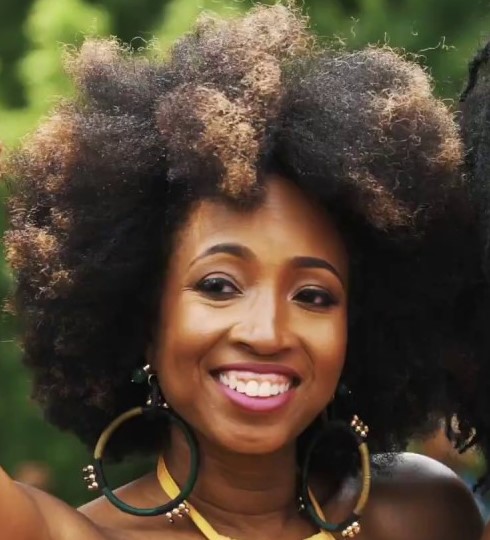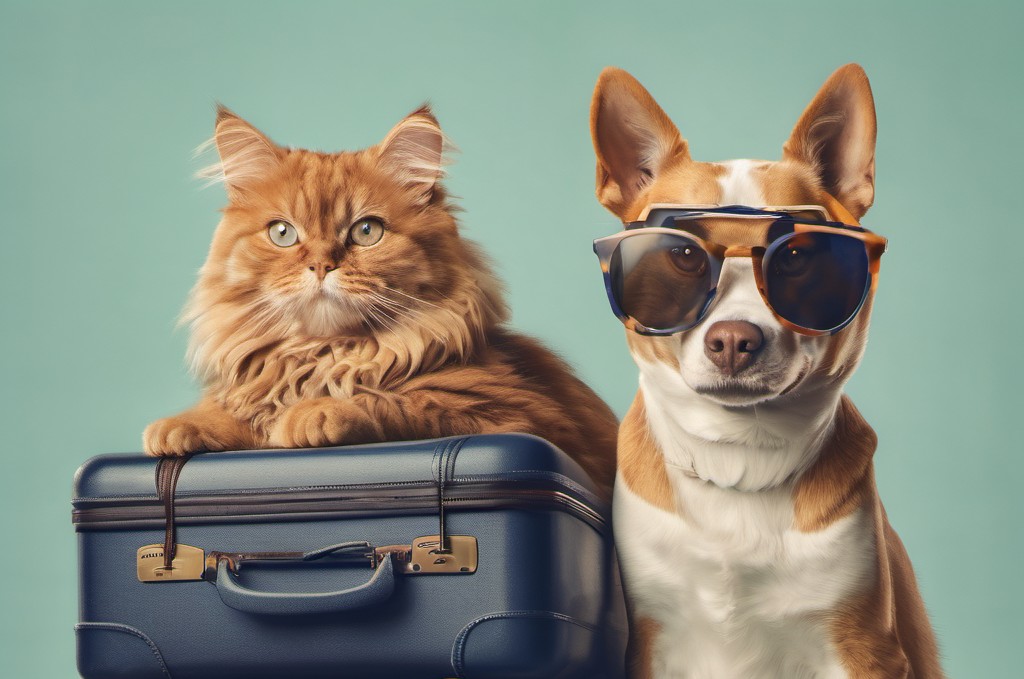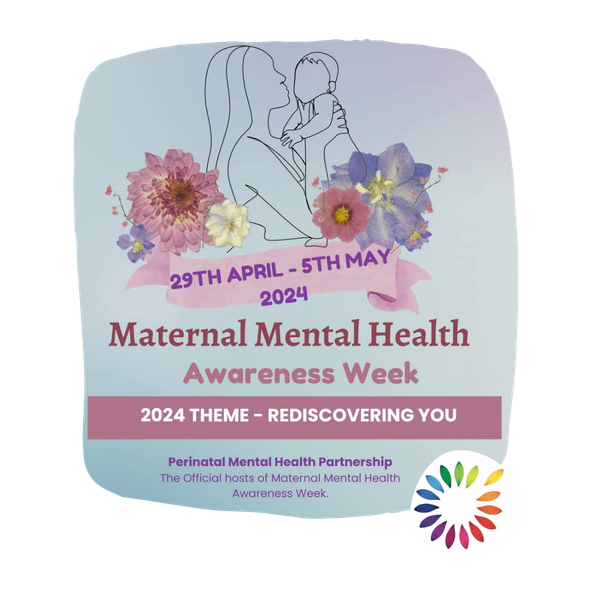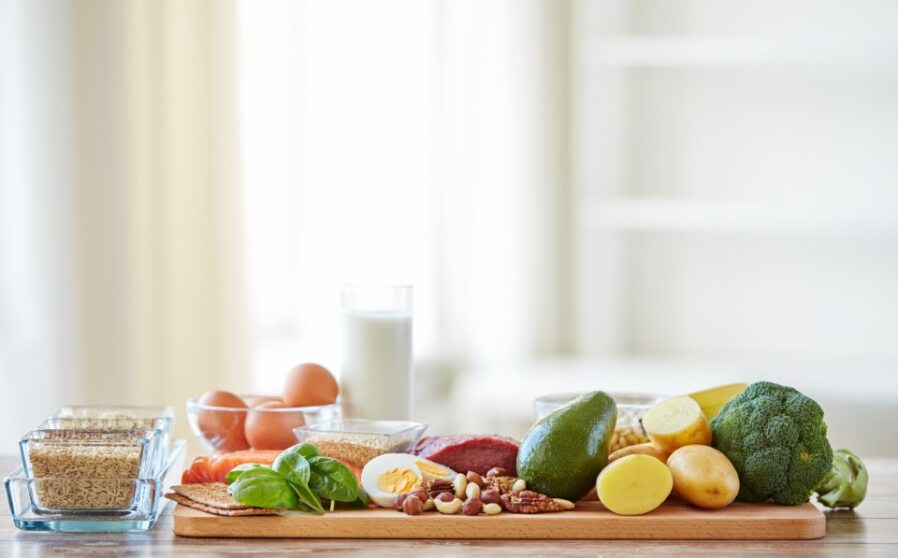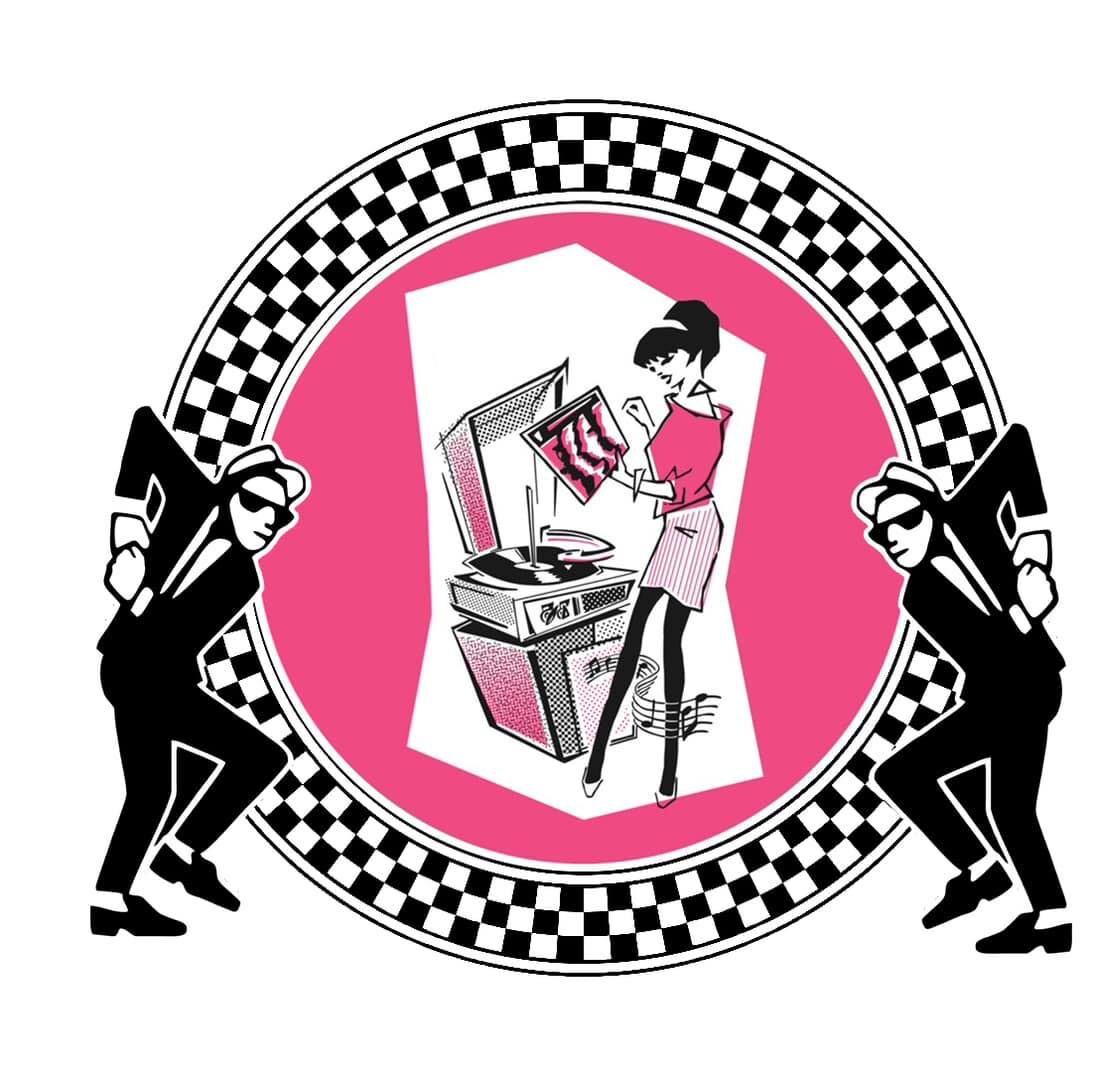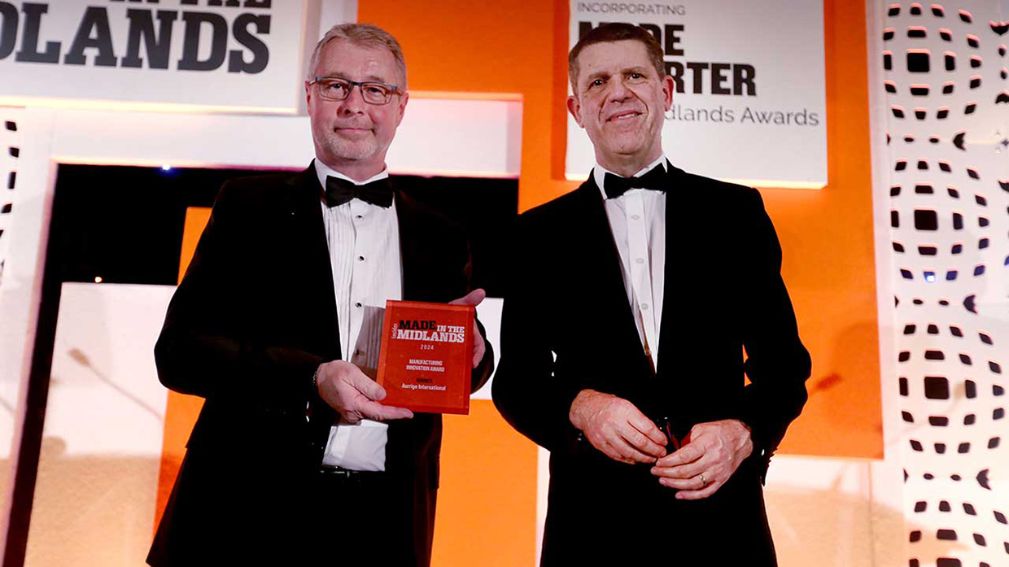It’s World Afro Day today, where from Black or Mixed-Race ethnicities are celebrating the natural kinky, coiled, or curly hair attempt to normalize afros and their natural texture and end discrimination towards people who wish to wear their hair in their natural afros.
Founded in 2017 by Michelle De Leon, the C.E.O. of World Afro Day, the day sets out to instil a sense of pride in people about their hair and remove feelings of shame that might be associated with tightly coiled and kinks. And it follows the CROWN Act, which stands for Create a Respectful and Open Workplace for Natural hair - a California law that prevents discrimination against afros and other natural hairstyles.
Celebrated on September 15 every year since, it also educates people to understand more about afro hair and hairstyles. The process of changing naturally curly hair into straight hair that was seen as desirable was not easy. As the process often requires expensive substances with chemicals that can cause burns, hair loss, and damage to the hair over time.
Furthermore, research have revealed that there is an employer bias against Afrocentric hair in the workplace and a clear lack of understanding of what is legal and discriminatory towards Afro hair and Afrocentric hairstyles.
When Africans were enslaved, they were forced to conform to the hairstyles and clothing of their enslavers. Their natural hair texture was seen as undesirable, so even after enslaved people were freed, societal pressures forced them to modify their natural hair.
Several Afrocentric hairstyles were considered completely inappropriate for the workplace by one in 10 respondents (12%), with at least 93% of Black people with Afro hair in the UK having experienced microaggressions related to their hair, according to a new report. 52% of Black people with Afro hair say discrimination against their hair has negatively affected their self-esteem or mental health.
Further findings also show a hierarchy of hairstyles from more Eurocentric decreasing to Afrocentric styles. Some 84% considered straight hair on a woman appropriate in all circumstances, compared to 64% who felt an Afrocentric hairstyle (braids with buns) was appropriate.
“Ever since I started to wear my hair natural, I’ve never looked back," Michelle said. “And the beauty of Afro hair is the wide array of styles you can wear it in. there just needs to be more of us in the limelight for the ‘natural’ to ‘grow.’
“Happy World Afro Day!”




